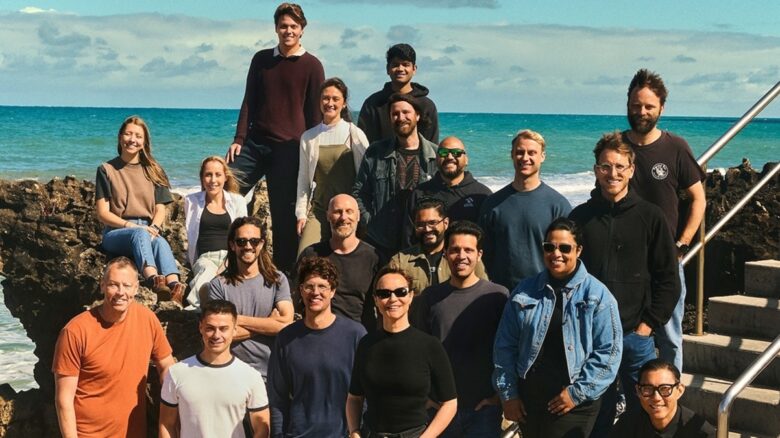Australian startup, Uluu has raised AUD 16 million in Series A funding to build a demonstration plant and scale its technology, transforming seaweed into a natural alternative to plastic for industrial production.
The round was led by German growth investor Burda Principal Investments with support from Main Sequence, Novel Investments (the family office of one of the world’s largest textile groups), Startmate, and a consortium of leading impact and family investors including Fairground and Trinity Ventures.
Uluu’s next-generation materials perform like conventional plastics and can be processed using existing plastic manufacturing equipment.
Unlike plastic made from fossil fuels, they are reusable, recyclable, home compostable and marine biodegradable—breaking down naturally without releasing microplastics. They’re strong, lightweight, waterproof and non-toxic, while being climate positive at scale.
At commercial scale, Uluu’s production process has scope to sequester and avoid up to ~5kg CO₂ equivalent for every 1kg of material produced, compared with ~3kg emitted by plastic today. The technology has the potential to reduce global CO₂ emissions by more than 2 gigatonnes per year.
With the Series A raise, Uluu will scale from its 100kg/year pilot facility to a 10-tonne/year demonstration plant in Western Australia, enabling the company to deliver commercial volumes to customers.
Uluu is already collaborating with a range of global partners in cosmetics, fashion and the automotive industry, including public campaigns with Quiksilver, Papinelle and Audi.
“After four years’ work developing this technology, including two years’ running our pilot plant, we’re excited to take this next step and start delivering meaningful volumes of our materials to customers,” said Uluu co-founder and co-CEO Michael Kingsbury.
“The demonstration plant is a critical step in showing Uluu can scale to truly compete with and replace fossil plastics.”
Uluu co-founder and co-CEO Dr Julia Reisser said seaweed was one of the most sustainable resources on Earth. Seaweed grows quickly and gets everything it needs from the sun and the sea,” she said. “It locks away CO 2 and helps clean up pollutants from the ocean.
“By harnessing seaweed, Uluu is producing materials that have a positive, rather than negative, impact on the environment, while ending plastic pollution.”
The Series A round also primes Uluu for future growth, with plans underway for a commercial-scale facility capable of producing thousands of tonnes annually to serve major global markets.





